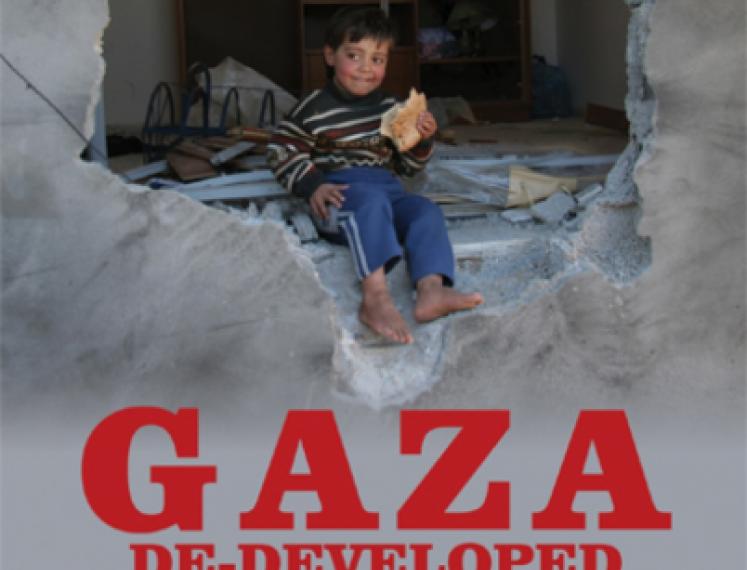Gaza De-Developed
Harvard Scholar Sara Roy argues that Gaza is a society that has been deliberately reduced to a state of abject poverty as a result of de-development - the reversal of what was intended to be development.
Gaza is one of the poorest areas worldwide, with 40% of the people living there unemployed and 80% of them dependent on humanitarian aid. In their pursuit of political self-determination, freedom and a state of their own, the Palestinians have suffered from severe economic deprivation. Serious industrial or commercial activities are few and far between, while food, medicine and other life essentials can only be imported through the few tunnels to Egypt.
What happened? Is the economic crisis in Gaza an inevitable consequence of the political conflict between Israel and the Palestinians? Or could it be that the Israeli government actually has intentions to create misery as part of its policies?
Sara Roy is a Senior Research Scholar at the Center for Middle Eastern Studies at Harvard University (Boston, US). She is known worldwide as the leading scholar in the field of the political economy of the Gaza crisis.
The meeting is organized by NIPI, Cordaid, Studium Generale Groningen and the Foundation Groningen-Jabalya. It will be hosted by Marcel Brus, Professor of International Law at the University of Groningen, and member of the Advisory Board of The Rights Forum.
inks
Wikipedia Sara Roy
Groningen-Jabalya Nieuwsbrief
Sara Roy The Gaza Strip: A Case of Economic De-Development
Organized by NIPI, Cordaid, Studium Generale, Foundation Groningen-Jabalya



